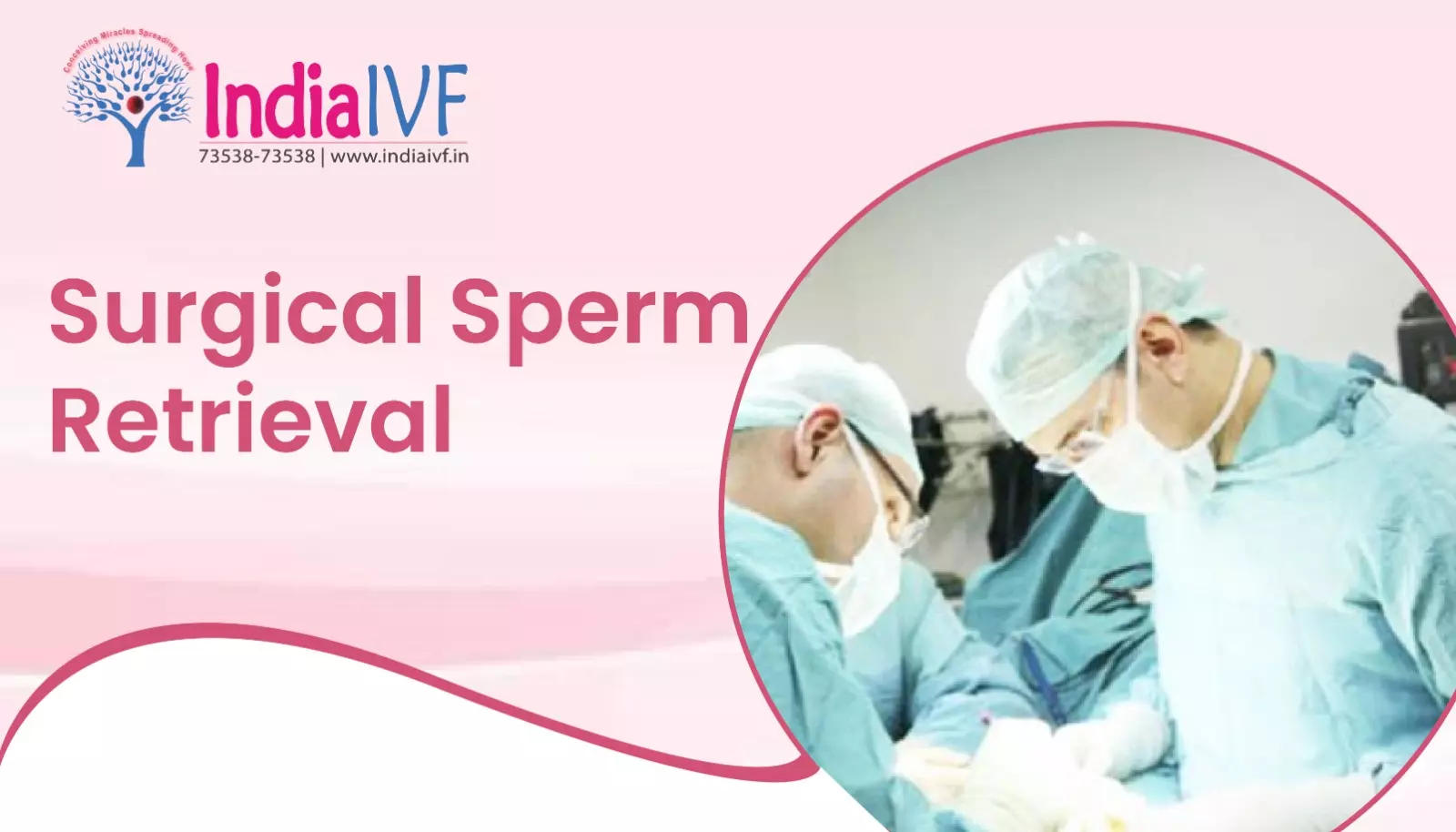Your cart is currently empty!
Tests required before surgical sperm retrieval
A man who has no sperm in his semen is said to have azoospermia. This occurs due to the blockage in any of the tubes carrying sperm from the testes where they are produced, towards the penis during ejaculation. Obstructive azoospermia could be a result of testicular cancer, as the tumor presses against the vas deferens. This cancer commonly occurs in young men and can be treated successfully. Unfortunately, it can lead to male infertility, thus surgical sperm retrieval is necessary to store some sperm before starting the treatment.
Other reasons that can cause non-obstructive azoospermia, include an abnormal cystic fibrosis gene. Men suffering from this condition fail to exhibit all the symptoms, but they often suffer a lack of vas deferens. Surgical sperm retrieval is possible but there is an equal chance that the embryos produced further by the process of ICSI and IVF will carry a similar genetic abnormality. The options that are then left are using a sperm donor and the use of intrauterine insemination (IUI) or even IVF. Pre-implantation genetic diagnosis (PGD) can also be carried out on the embryos for selecting the one that carries the normal gene.
Surgical sperm retrieval techniques are used when the obstruction is the problem
When the release of sperm is prevented by a blockage in the vas deferens, or by a vasectomy, several techniques can be used to retrieve the large numbers of sperm that remain inside the testes. The first three involve aspirating sperm using needles or tubes placed through the skin of the testis and are carried out under local anesthetic. The fourth requires open surgical sperm retrieval and is usually carried out under general anesthetic.
01.TESA:
TESA refers to testicular sperm aspiration, which involves keeping a needle attached to a syringe through scrotum skin and drawing out the fluid from the testicle.
02.PESA:
This refers to the percutaneous epididymal sperm aspiration. This also makes use of the same needle and syringe technique but in this case, the needle is put directly into the epididymis.
03.Perc biopsy:
Perc biopsy is the short form for percutaneous biopsy of the testis. This is quite close to TESA, but it makes use of a larger needle, which is a 14 gauge needle used for biopsy of the testicular tissue and it usually extracts a large number of sperm.
04.Perc biopsy:
MESA is the microsurgical epididymal sperm aspiration that is the technique of open surgical sperm retrieval using operating microscopy for locating the tubules of the epididymis precisely, for the extraction of large numbers of sperms.
Certain studies have been conducted for comparing the success rates after doing the different types of sperm retrieval through surgery. MESA is thus known to give the highest number of sperm, recovered when compared with procedures like TESA and perc biopsy.
MESA produced sperms, which were better swimmers and thus more effective for infertility treatments, including IVF and ICSI..



